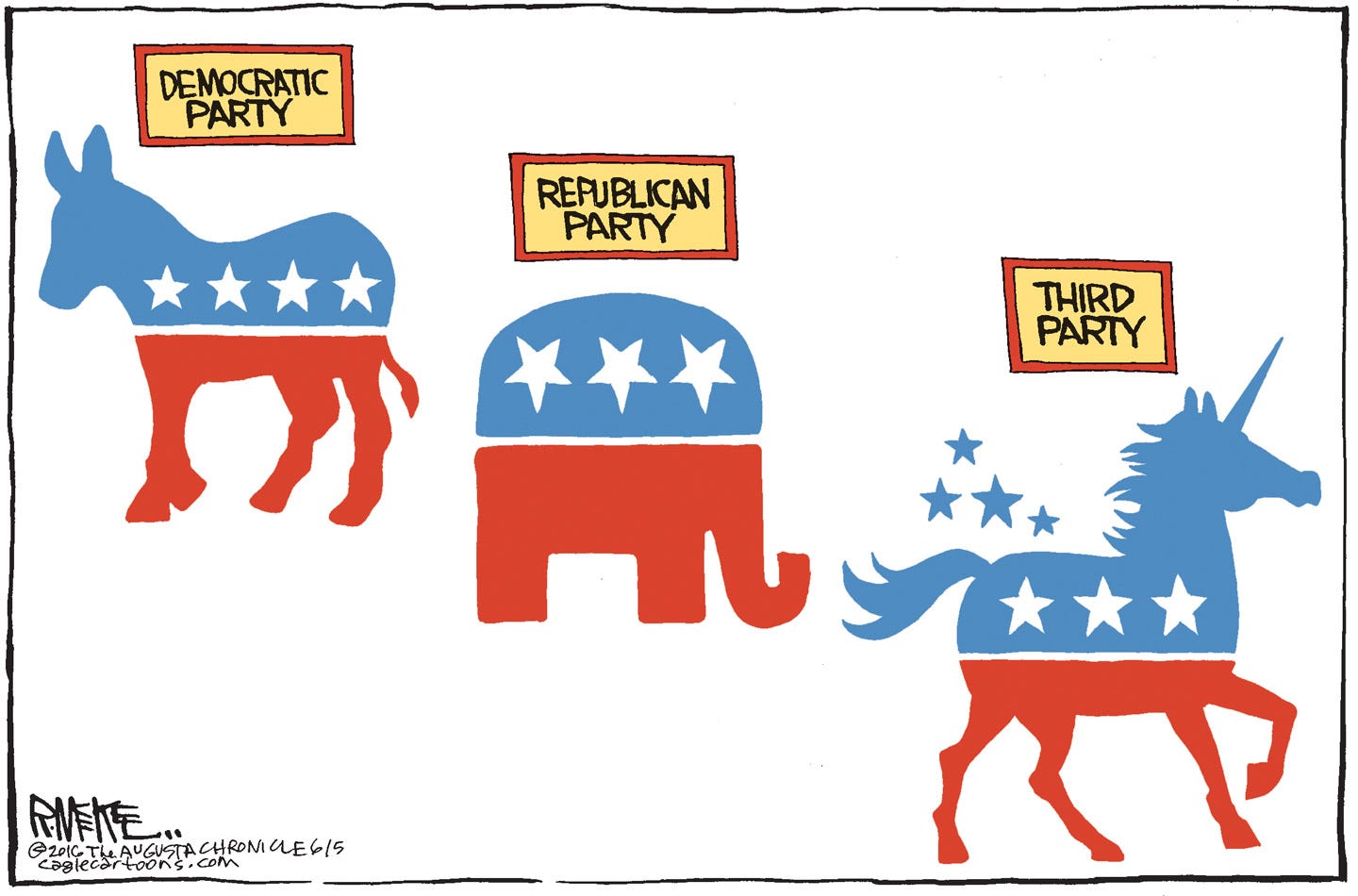Business Management in Economic Crises
August 2023 – December 2023
Professor Daniel Deets
In this course, the primary learning objective will be what preventative and recovery steps should be taken to maintain revenue and profit drops, or at the very least to minimize those drops. Economic Crises can happen several ways: stock market crash, pandemics, real estate bubbles, etc… The type of economic crisis doesn’t necessarily matter as the steps to protect your business from it will be generally the same. By the end of the course, not only should you know the steps you can take, but will have seen several businesses in real life who have done this and had success with it; one example that you will learn in the first class will be the soccer industry during the recent COVID-19 pandemic.
The majority of this class will involve performing case studies and using them to understand what steps the businesses used to prevent massive losses. In addition to this, there will be discussions based on reading in hopes that classmates will be able to bounce ideas off of each other and come up with solutions to their problems, relatively free of aid from the teacher. That being said, there will be a few lectures scattered out throughout the semester.
Required readings for the course:
- “Dangerous Markets: Managing in Financial Crisis” (First Edition) by Dominic Barton, Roberto Newell, and Gregory Wilson
- “The upside of the Downturn: Ten Management Strategies to Prevail in the Recession and Thrive in the Aftermath” by Geoff Colvin
- “Coronavirus: Leadership and Recovery: The Insights You Need from Harvard Business Review (HBR Insights Series)” by the Harvard Business Review
There will not be quizzes or graded assignments based on these readings, but there will be mandatory class discussions in which the participation will be graded.
At the end of the year there will be a final project in which you and a partner will be given a firm to research into, then given a crisis that faces it. The hope is that you will be able to take all the information from the course until that point and use it to recommend a specific, multi-faceted solution to the class. In some cases there will be no solution, in which case you will have to recognize that the best move is to cut your losses.
In taking this course, the student will be better able to improve their business management under pressure in a crisis in three areas. The first is in team leadership, part of which cannot be taught, and must be something learned by experience; however, as much as can be taught will be. The second aspect will be public relations and marketing, something that is massively important in times of crises because the way consumers perceive your business will change their demand for your product. Lastly, the third section is made up of the more basic aspects of business management such as production output and employee salaries/ layoffs.
Citations:
Barton, Dominic, et al. Dangerous Markets: Managing in Financial Crisis. Wiley, 2003.
Colvin, Geoff. The Upside of the Downturn: Ten Management Strategies to Prevail in the Recession and Thrive in the Aftermath. Portfolio, 2009.
Harvard Business Review. Coronavirus: Leadership and Recovery. Harvard Business Review Press, 2020.






